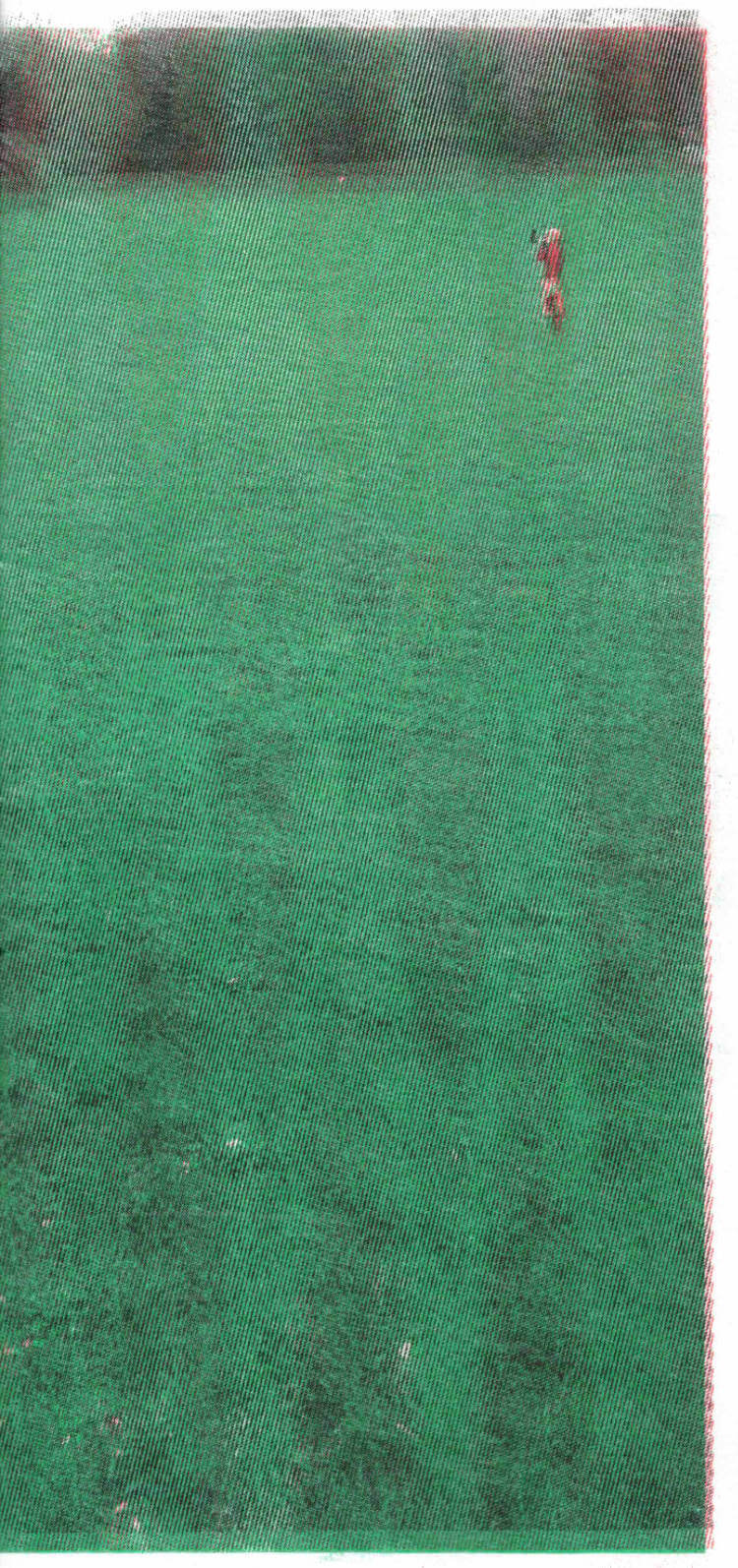
Brown Rice
Don Cherry's ecstatic world fusion masterpiece of the '70s, wedding Indian, African, and Arabic music to Miles Davis' electrified jazz-rock innovations.
Brown Rice is probably the most accessible entry point into Cherry's borderless ideal, jelling into a personal, unique, and seamless vision that's at once primitive and futuristic in the best possible way. Its title track is a sensual fusion of various styles and sounds from the African, Indian and Arabic traditions. It also represents the spiritual multiculturalism that Cherry was interested in exploring during this creative period. With ex-Ornette Coleman cohorts on board—Billy Higgings on drums and Charlie Haden on double bass (also heard on electric)—the album (originally released in Italy in 1975) is a cult on its own.
Don Cherry (1936-1995), composer-trumpet player, flutist, percussionist and pianist, is an essential figure in American jazz, free jazz and avant-garde music.
Language: English



